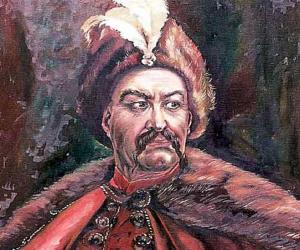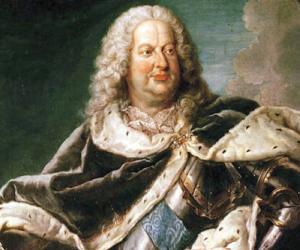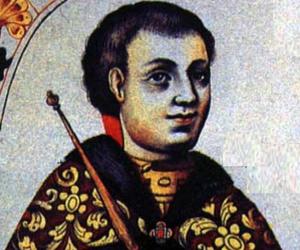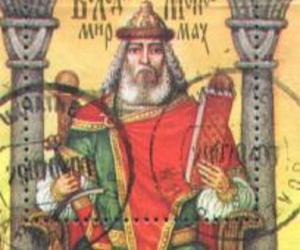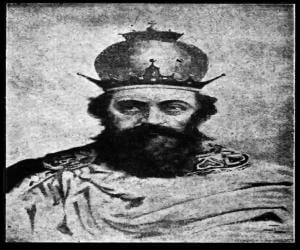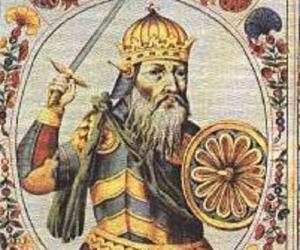1
Yaroslav the Wise
(Prince)
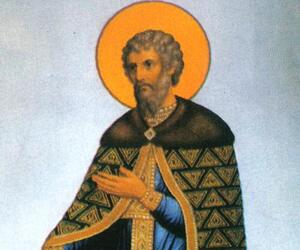
16
3
Birthdate: 0978 AD
Birthplace: Ukraine
Died: February 20, 1054
Yaroslav the Wise was Grand Prince of Kiev, ruling from 1019 until 1054. He displayed strategic prowess by uniting principalities, winning the Kievan throne, and focusing on foreign policy. Yaroslav formed alliances with Scandinavian countries, contested Byzantine influence, captured territory in present-day Estonia, and defended against nomadic tribes. He supported literary culture, notably sponsoring the construction of Saint Sophia Cathedral and promoting Old East Slavic literature. Yaroslav married Ingegerd Olofsdotter, fostering royal alliances through his children who later ruled various parts of Kievan Rus'.
